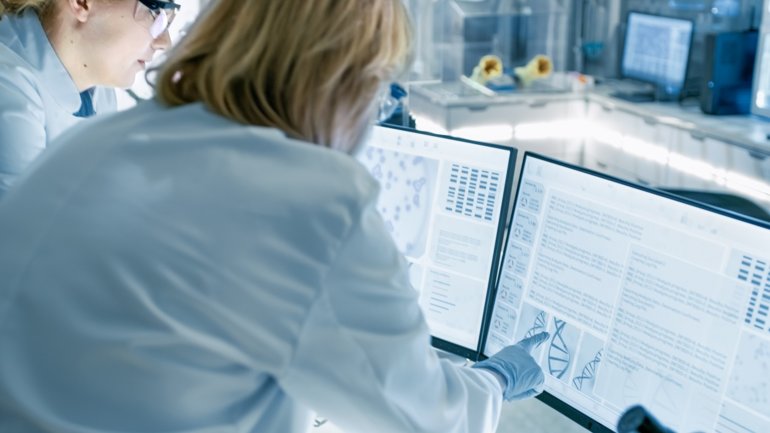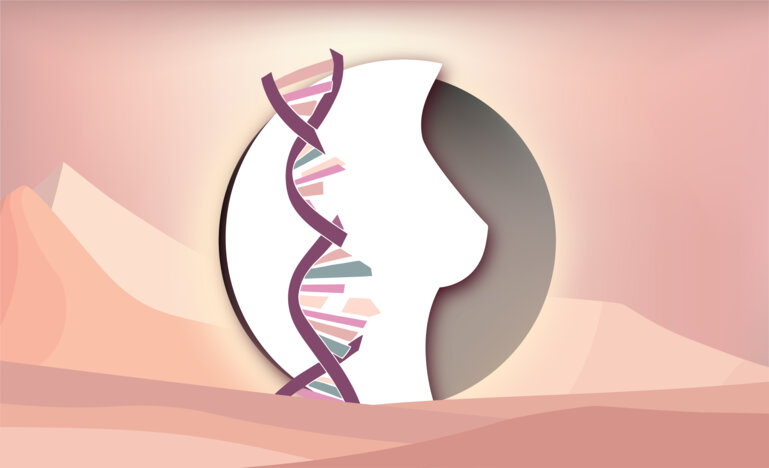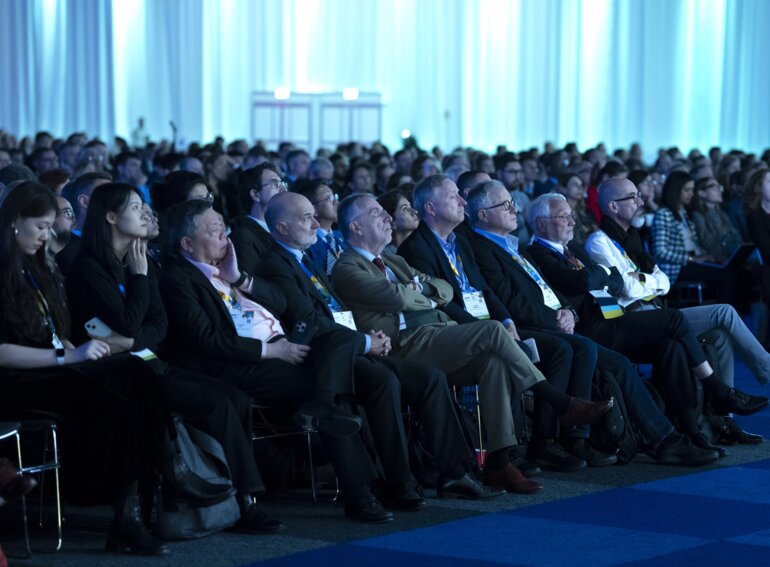A greater understanding of the complexity of breast cancer, in all its forms, is key to better patient selection, new target development and improved outcomes, says Prof. Fabrice André
As part of his Keynote Lecture at the ESMO Targeted Anticancer Therapies Congress 2022, Prof. Fabrice André, Insitute Gustave Roussy Cancer, Villejeuf, France, discusses recent advances in breast cancer genomics, describes new players in the immune landscape and elaborates on under-researched clinical aspects.
What major advances have taken place in the genomic characterisation of breast cancer?
In 2015, we described possible applications of genomics to personalise the therapy of metastatic breast cancer (MBC), including identifying oncogenic drivers, characterising resistant clones, determining DNA repair defects and exploring mechanisms of immune suppression (Nat Rev Clin Oncol. 2015;12:693–704). Since then, we’ve made progress in understanding each of these areas. For instance, in a study that my group conducted with collaborators, we investigated the landscape of somatic alterations in 617 MBCs and identified 21 genetic drivers that were significantly mutated across the cohort including TP53 and PIK3CA (Nature. 2019;569:560–564). Specifically in hormone receptor (HR)-positive, HER2-negative MBC, we were able to detect nine driver genes and five mutational signatures (e.g., the tamoxifen-resistance-associated S13 [APOBEC] signature) that were more frequently mutated in MBC compared with early breast cancers. We also showed that certain signatures combined with specific drivers were associated with poor outcome. This work highlighted the possibility that identification of genomic alterations associated with poor outcomes could allow earlier and better treatment selection for patients, and also emphasised the need to treat breast cancer early before the complexity of the genomic landscape increases.
Targeting recurrent validated genomic drivers can indeed lead to positive tumour responses. In a phase III trial, we showed that the PI3Kα-specific inhibitor, alpelisib, prolonged progression-free survival (PFS) in patients with HR-positive HER2-negative advanced breast cancer who were found to have a PIK3CA mutation (N Engl J Med. 2019;380:1929–1940), reinforcing the importance of performing genomic testing in MBC.
How useful is multigene sequencing becoming?
The clinical development of high throughput genomics for target identification has taken major steps forward. I recently presented results from the phase II SAFIR02-BREAST trial, which enrolled patients with HER2-negative MBC to evaluate whether targeted therapies guided by genomics improve PFS compared with maintenance chemotherapy (NCT02299999). The use of multigene sequencing as a therapeutic decision tool improved outcomes for patients with MBC when the genomic alterations identified were ranked in the I/II tiers of the ESMO Scale for Clinical Actionability of molecular Targets (ESCAT). Again, these findings indicate that genomics should be a part of the pathway of care, but highlight that we do not have the tools to interpret variants that have not been validated in therapeutic trials.
What’s new in our understanding of the immune landscape of breast cancer?
Novel single-cell and spatially resolved transcriptomics analyses of human breast cancers have provided us with further knowledge of the complex cellular ecosystems of breast cancer, particularly with regards to the immune landscape (Nat Genet. 2021;53:1334-1347). Notably, two new macrophage populations (LAM1:FABP5/c1 and LAM2:APOE/c2) – comprising 30–40% of total myeloid cells – have been identified that appear to bear close transcriptomic similarity to recently described populations of lipid-associated macrophages (LAMs) observed in obese mice. These LAMs are a major source of immunosuppressive molecules in the human breast tumour microenvironment and spatial analysis revealed their juxtaposition to PD-1+ lymphocytes. The LAM1 gene signature is associated with poor patient survival in large patient datasets, demonstrating the importance of these cells to breast cancer aetiology. In addition, deconvolution was used to stratify large breast cancer cohorts into nine clusters, termed ‘ecotypes’, with unique cellular compositions and clinical outcomes; further work will examine whether tumour ecotypes can be used to personalise therapy.
What new clinical aspects will you highlight in your Keynote Lecture?
In the clinical setting, awareness of survivorship care challenges has increased, but comprehensive research in this area is lacking. As part of the multidisciplinary UNICANCER group, we are exploring important medical, biological and psychosocial outcomes in approximately 12,000 patients with localised breast cancer in the CANcer TOxicities (CANTO) study (ESMO Open. 2019;4(5):e000562). Of particular interest to me is the opportunity to integrate a wealth of important longitudinal data, collected over 5 years and following a range of different treatments, which will be obtained from genome-wide association studies and also from analyses of proteomics, metabolomics, radiomics etc. First results are expected later this year.
In another innovative ongoing project, deep learning is being applied to whole slide images and clinical data to help develop models to identify patients who relapse after initial treatment (Ann Oncol. 2021;32 suppl_5:S921–S930). It is hoped that this may lead to the discovery of new biomarkers, and even novel molecular mechanisms involved in cancer progression, to guide the development of targeted treatments even further.
Don't miss:
André F. Current clinical, molecular and immunological landscapes of breast cancer and future directions. ESMO Targeted Anticancer Therapies Congress 2022
Keynote Lecture, 08.03.2022, h. 13:00 – 13:30, Channel 1







